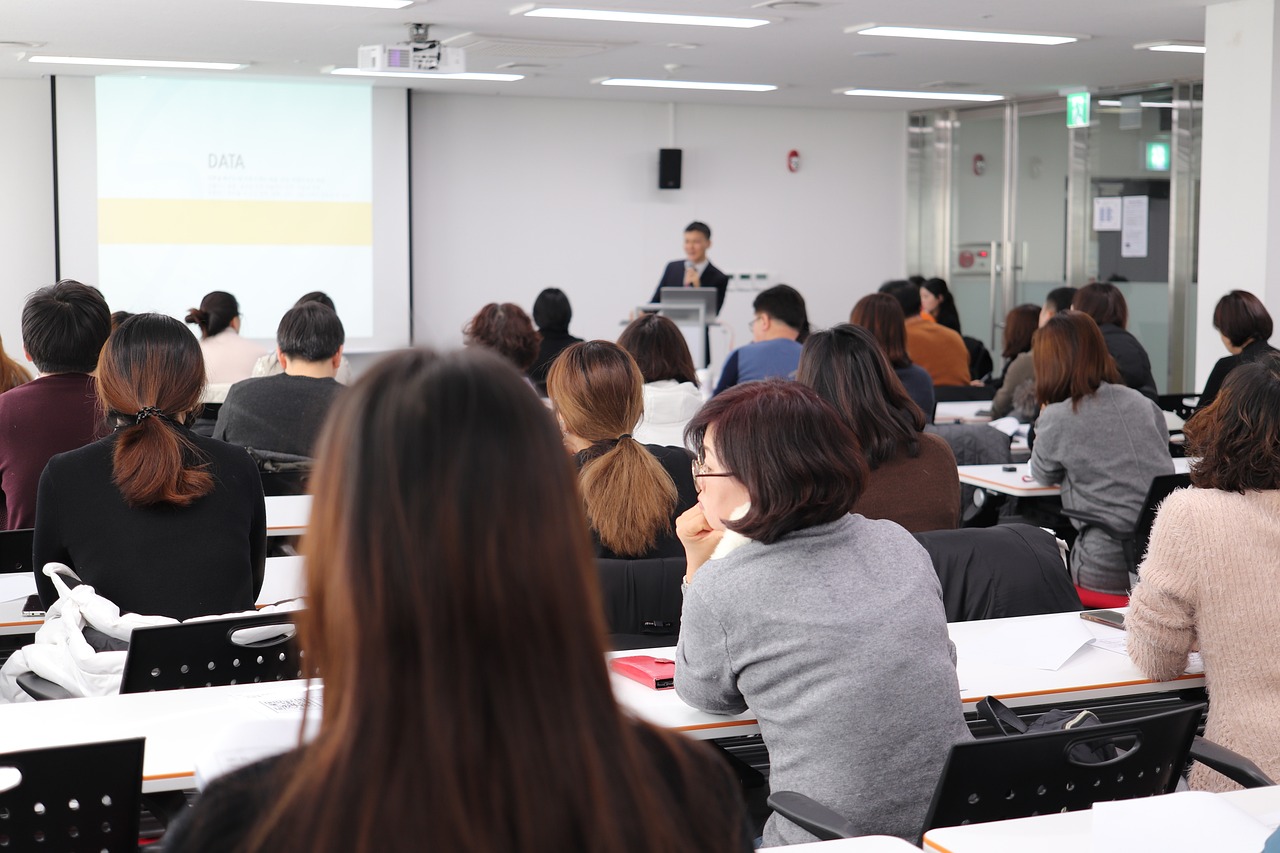Strategies for Cultivating Critical Thinking Skills
Critical thinking skills are fundamental abilities that allow individuals to analyze information, evaluate arguments, and make informed decisions. These skills involve the utilization of logic, reasoning, and evidence to approach complex problems systematically. The process of critical thinking involves questioning assumptions, considering multiple perspectives, and identifying underlying biases.
By cultivating critical thinking skills, individuals can enhance their problem-solving abilities and make well-informed judgments. This skill set enables individuals to think more independently, articulate clear arguments, and distinguish between rational and irrational thoughts. Moreover, critical thinking skills are not only valuable in academic settings but are also essential in various professional fields where decision-making and problem-solving are crucial components.
Importance of Critical Thinking in Decision Making
Critical thinking plays a crucial role in the process of decision making. By utilizing critical thinking skills, individuals can effectively analyze various situations, identify potential outcomes, and make well-informed decisions. This ability helps in evaluating information objectively and considering different perspectives before reaching a conclusion.
When decision-making is based on critical thinking, individuals can better assess risks, anticipate consequences, and weigh alternatives. This leads to more thoughtful and strategic decision-making processes that are less likely to be influenced by biases or emotions. Additionally, critical thinking enables individuals to adapt to changing circumstances and make adjustments as needed to achieve the desired outcomes.
Developing Analytical Skills
When it comes to developing analytical skills, practice and exposure play crucial roles. Engaging in activities that require you to analyze information, critically evaluate arguments, and draw conclusions based on evidence can help sharpen your analytical abilities. This could involve solving puzzles, reading complex texts, or participating in discussions that challenge your thinking.
Another effective way to enhance your analytical skills is through regular practice of problem-solving techniques. By tackling various types of problems and brainstorming solutions, you can train your mind to think critically and analytically. Additionally, seeking feedback on your analytical approaches from peers or mentors can provide valuable insights and help you further refine your problem-solving skills.
Engaging in activities that require analysis, critical evaluation, and drawing conclusions
Solving puzzles, reading complex texts, participating in challenging discussions
Regular practice of problem-solving techniques to train the mind
Brainstorming solutions to various types of problems
Seeking feedback from peers or mentors for valuable insights
What are critical thinking skills?
Critical thinking skills refer to the ability to objectively analyze and evaluate information in order to make informed decisions and solve problems effectively.
Why are critical thinking skills important in decision-making?
Critical thinking skills are crucial in decision-making as they enable individuals to assess different perspectives, consider all relevant factors, and make thoughtful and rational decisions.
How can I develop my analytical skills?
You can develop your analytical skills by practicing active listening, asking insightful questions, evaluating evidence objectively, and challenging assumptions.
What are some strategies for improving critical thinking skills?
Some strategies for improving critical thinking skills include practicing mindfulness, seeking feedback from others, engaging in debates and discussions, and reading and researching diverse perspectives.
How can I apply critical thinking skills in my everyday life?
You can apply critical thinking skills in your everyday life by approaching situations with an open mind, considering alternative viewpoints, and making decisions based on evidence and logical reasoning.







